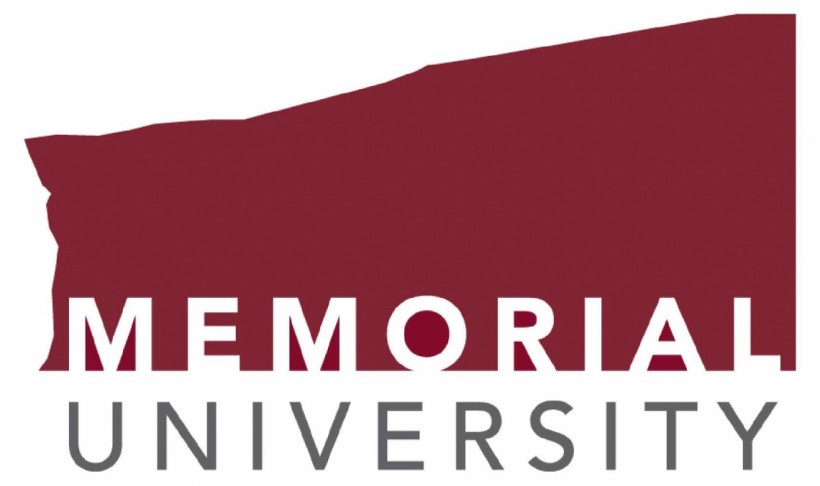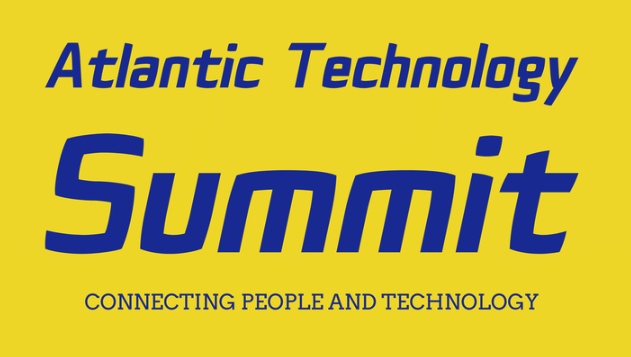Dartmouth-based DeNova, which makes sustainable feed ingredients for aquaculture, will lead a $7.2 million Microbial Protein for Sustainable Aquaculture Project outlined this week by Canada’s Ocean Supercluster.
The project was the largest of five projects worth a total of $18 million unveiled by the Supercluster Monday at the H20 Conference in Halifax. Each of the five projects features prominent participation by at least one Atlantic Canadian company.
Led by founder and CEO Brianna Orr Stratton, DeNova has developed a sustainable alternative to conventional aquafeed ingredients like fishmeal and soy, which are major contributors to aquaculture’s environmental footprint.
“As aquafeed remains one of the biggest barriers to the growth of sustainable seafood, this project directly addresses a critical challenge in the ocean economy,” said a statement issued by the Supercluster. “By advancing responsible food production technologies, the initiative supports the expansion of Canada’s aquaculture industry while reducing environmental impact.”
As well as DeNova, the partners in the project are The Verschuren Centre in Sydney, and Neptune Properties in Dartmouth. The Supercluster is providing $2.5 million in funding with the rest coming from the project partners.
The other projects announced this week are:
- The $4.5 million Cleaner Smoother Natural Ship Bearings Project, led by Hydro Tech Inc. of Sault Ste. Marie, Ont.
This project aims to reinvent lignum vitae wood stern tube bearings – a durable, naturally lubricated material once used in marine applications – to meet today’s maritime demands for performance, efficiency, and sustainability.
Dartmouth-based Canadian Maritime Engineering Ltd. is also involved in the project, which is receiving $1.8 million from the Supercluster.
- The Enhancing Aquaculture Productivity with Environmental Genomics Project, led by St. John’s-based eDNAtec.
The Supercluster says this project will increase the use of environmental genomics technologies in Canada’s $1.3 billion salmon aquaculture industry. The aim is to address two critical challenges: improving environmental stewardship, particularly in relation to assessing biodiversity; and enhancing pathogen detection and mitigation efforts.
Mowi of Campbell River, BC will also participate in the $2.9 million project, which is receiving $944, 800, from the Supercluster.
- The $1.4 million Maritime Emergency Response Systems project led by Halifax-based B-Side Group.
This pilot project is designed to enhance Canada’s maritime emergency preparedness with an AI-powered system that integrates real-time data, analytics, and coordination tools. Designed for scalability, the solution has strong commercial potential across emergency services and the broader maritime industry, aiming to improve safety, resilience, and operational efficiency in ocean-related activities.
The other partners are: Halifax-based ResolveHD; Scott Ramey, Assistant Fire Chief, Halifax Regional Fire & Emergency; and Moriah Greenhaw, Chief Innovation Strategist for Canadian Emergency Services Collaborative Innovation Lab in Halifax. The Supercluster is contributing $727,500 to the project.
- The $1.1 million Uncrewed Surface Vehicle (USV) Enhanced Offshore Fishing Project led by Lunenberg, NS-based ABCO.
This project is led by Lunenberg, NS-based ABCO, in partnership with Clearwater Seafoods, also in Lunenberg., with the balance of funding coming from project partners.
In partnership with Clearwater Seafoods, ABCO aims to improve the collection of crucial benthic habitat data to support the sustainability of Canada’s commercial bottom fishing industry using USVs. With a total project value of $1.1 million, the Supercluster is contributing $459,200.










